|
Originally published on www.brethrenchurch.org, written by Luke Dowdy of Berlin, PA. 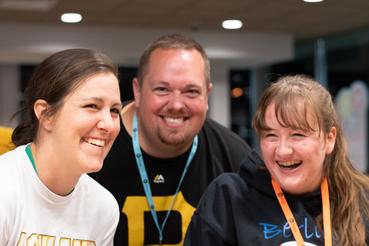 Kids will be kids—but their culture has changed. I’ve been serving in full-time student ministry in Berlin for 8 years and I can testify that in that time span, youth culture has experienced seismic shifts. Sure, youth culture is always changing somehow, but it’s arguably changing faster than ever. With things like social media, advances in technology, accessibility of youth sports, new marketing techniques, and busier schedules, I’ve come to pivot points in ministry where I realize that some of the old ways of “doing ministry” just won’t work anymore. It’s not that they’re bad or they didn’t work at one point. But new cultures and trends may require a fresh approach. I checked with a few youth workers and asked what changes they’ve noticed in student culture over the last 5-10 years. Here’s how they responded. Tim Bordeaux: I’ve noticed an increase in how busy kids are and their level of stress is also higher. The demands put on them have increased in multiple areas of life. But with that, opportunities have also opened up, good and bad. There’s more you can learn, but also be distracted by. The number of kids who say I deal with a lot of anxiety, worry, and depression has ramped way, way up. Technology has made the world smaller and made a few things seem scarier. Amanda Dowdy: In an age that pretends to be more connected than ever, students are feeling lonely and disconnected. When relationships are valued at “likes” and “streaks,” vulnerability and authenticity go out the window. This is tough for students, but also a wide-open opportunity for us as youth workers. John Howenstine: The biggest thing I’ve witnessed is the pace of how things change. I think social media has played a huge role in that. Social media, for all its benefits, has also made a lot of kids feel either bullied or depressed. I’m noticing that more. You’re also starting to see pushback from students as well because they are tired of change. They desire stability. It’s changing too quick and too often. They’re not able to appreciate what’s currently in and thrive in a steady environment. All three responses share a common trait: lack of real connection. How will the Brethren respond?... I came across an old article in Christianity Today recently titled "Why Your Millennial Outreach Needs a Bit of Bonhoeffer," and I was floored by some of the insights. As a Millennial pastor, I've read my share of articles and books about the Millennial generation - some alarmingly claiming that we're losing this generation and others insisting that ministry to this demographic is crucial still today because young folks like me are the future of the church. And then these thoughts from Bonhoeffer - who, by the way, worked as a childrens and youth pastor while doing some of his most important theological work: The youth are not the future of the church; Jesus is the future of the church. Bonhoeffer adds, "It is the task of youth not to reshape the church, but rather to listen to the Word of God." An important note: at first glance, this could be read to say that young people have no role in shaping the church and should just sit and learn. That's not what this quote means. What it does mean is that we make an idol of youthfulness and youth culture by consistently looking to them as "the future of the church." Children, teens, and young adults - just like the rest of us - will only play a significant role in reshaping the church inasmuch as we all come to the feet of the Jesus to learn and grow into Christ-likeness. The youth are not the future of the church, and neither are the adults. Jesus is the future of the church. What does it look like today to love one another, particularly our youth and young adults, with the transformative love of Christ? What does it look like to allow our church culture to be so saturated with Christ's presence that we are changed inside and out? May we look to the future with our eyes fixed on Jesus.
Our denomination, The Brethren Church, recently started an initiative called Story & Song as a call for creative people in our movement to submit work from their God-given talents and passions for the betterment of the entire body. The songs, lyrics, stories, essays, paintings, photographs, sculptures, poetry and more reflect a creative outpouring of the Holy Spirit as we live out the Gospel through our gifts.
Many of the paintings and artwork submitted were on display during our General Conference in mid-July, but they've also been able to collect recorded songs into a downloadable album for folks to enjoy! Check out some of the original worship music shared by folks from our movement - it's available on Apple Music, Spotify, and Amazon or wherever you may get your music. Our blog posts are on a temporary hiatus for the summer months. A lot has been happening in our faith family recently, and as a result there's been less time to devote to keeping up with blog posts. We plan to start up again with regular posts in late August - early September.
In the meantime, here's a few updates about major happenings in our congregation:
Blessings!
Yet as a Christ follower, I can reflect on the one thing I do know (at least a little) - the Bible. Our mid-week Bible study group recently finished working through the book of Ruth. Our reflections from these last several weeks feel particularly helpful as our country considers the complex issues of welcoming immigrants, caring for families, and respecting the laws of the land. So as one traveler to another, here are some insights from Ruth for today: Ruth is the "ideal immigrant" and yet still faces danger.From the very beginning of Ruth's story, she's described as a woman of noble character and selfless compassion. She decides to make the journey from Moab to Bethlehem not for personal gain, but because her Mother-in-law (a Bethlehem native) needs help. She goes out of her way to conform to her new culture, and yet it's still made abundantly clear that she could face danger if she winds up in the wrong place at the wrong time (1:11-18; 2:8-16, 22). Nobody knows Ruth's character or history just by looking at her. Like the rest of us, they make snap judgments when they recognize that she's a Moabite. Even if laws make sense and immigrants do everything the right way, their experience is not guaranteed to be universally positive. Boaz is celebrated for making things easy for Ruth.Before any romance even buds between the two, Boaz goes through extra effort to provide easy work for Ruth. The practice of foreigners and widows gleaning the leftovers from the field was an established system to care for the most vulnerable (Lev 19:9-10; Dt 24:19-22). Boaz goes above and beyond by instructing his foremen to leave entire stalks for her to pick up, rather than just the normal leftovers (2:15-16). Like Israel, most nations have systems to provide a social safety net. That doesn't mean folks won't fall through the cracks, nor that newcomers will magically know all the rules when they arrive. Going the extra mile to make things easy for others can mean the difference between survival and thriving. Choice matters in God's plan.Ruth's story is full of choices and their consequences. In particular, the choices of Ruth and Boaz stand in stark contrast to those of Orpah (Ruth's sister-in-law) and the other, unnamed kinsman redeemer. After their husbands die, Ruth and Orpah both face the choice between caring for their mother-in-law in a new land or returning to their parents' homes. Ruth goes with Naomi, but Orpah makes the decision to seek a future with her parents and her own people (1:11-14). Likewise, when a man with first rights to claim Naomi's land discovers that doing so means he'll have to marry and take care of Ruth, the man decides that it is more trouble than its worth and passes the right off to Boaz (4:1-6). Orpah and this unnamed man are not wrong or sinful for their decisions. They are making shrewd decisions based on their best discernment of what is right for them and their families. But Ruth and Boaz make history in God's redemptive story because they show exemplary loving-kindness and sacrificial generosity. Our choices can mean the difference between temporary calm and lasting change for redemptive good. So what?Ruth was written at a different time, in a different culture, and under different circumstances. However, it can give us meaningful insights as Christ followers in our current responses to immigration policies and positions.
First, we recognize that while we desire to uphold the rule of law, even those who do so are likely to experience hardship and prejudice. Christians ought to be the first to step up as protectors of the vulnerable. Second, we recognize that existing laws and social safety nets are not always easy to navigate. Christians ought to support policies and programs that make it easy for those in need to receive help. Finally, we recognize that God's ultimate purpose for redeeming this world doesn't lie in governments but in a people transformed by the love of Christ and His redemptive work in the world. As Christ's followers, we ought to do whatever we can to go above and beyond the norm in order to provide loving-kindness to the stranger. May we be like Ruth and Boaz - a people of integrity, shaped by sacrificial love. And may God give us wisdom and discernment for the journey ahead. Recently at First Brethren Church, we've been working through a sermon series called "Searching for Shalom." The biblical concept of peace - shalom - is about more than just the absence of conflict. It's the picture of a whole and restored people flourishing in every aspect of their lives - spiritually, physically, emotionally, relationally, financially, etc. You can feel free to check out our sermons page for some teachings on the subject, but here on our blog I want to provide a few different ways our ministries can help you pursue shalom in your own life. This week, we'll highlight inner peace and wholeness with God. Shalom with God through Healing PrayerOne of our deacons - Jeff Parker - has recently stepped out into a new calling to minister to others through inner healing prayer. Some can be turned off by the language of "inner healing" because it conjures up images of mystical or new age practices. Others are intimidated by the idea of opening up in vulnerability with another person. While the concept may seem new or foreign, the practice is actually a vital expression of our journey with Jesus.
The practice of inner healing prayer is the simple invitation for Jesus to speak to us in our brokenness with the support of community. A prayer session involves being guided through prayer by a facilitator to listen for what God might have to say to us about the joys and the pains that we hold close to our hearts. Every single one of us has emotional and spiritual wounds. Will you bring yours to Jesus to find healing, wholeness, and shalom? Check out our page on Healing Prayer for more information on how to connect with Jeff's ministry. This last Sunday we got to explore the "Birthday of the Church" and the gift of the Holy Spirit at Pentecost. The Holy Spirit is often the least understood of the Trinity - almost as confusing as the concept of the Trinity itself. How can God be three and one at the same time? And how exactly do we understand God as Holy Spirit? Part of the problem is that humans and human language are limited and God is limitless. As a result, all of our language about God tends to fall short. The best we can do is to say what God is like - understanding that any of our metaphors will be deficient in some way. With that said, however, the best images we have for the Trinity describe the interrelated expressions of the "three persons" of the Godhead acting in perfect unity. See the table below for examples.
In each of these examples, there are differences in the three terms and yet it is impossible for any aspect to function or exist without the other. And in each of these, the Holy Spirit plays the critical role of unifying action. In the Bible, it is the Holy Spirit which hovers over the waters of creation, inspires God's people to create and live, and empowers believers to live out their purpose of worship and witness. May we receive the gift of God's Holy Spirit to us with gladness! And may we yearn to know God more and more. [For more on the Holy Spirit, check out this great video from The Bible Project]. For more insightful videos on the Bible and biblical concepts, check out their videos on YouTube or learn more about their ministry and how to support it at thebibleproject.com.
Why do bad things happen to good people? That perennial question has haunted many spiritual seekers trying to reconcile the notion of a "good" God with the brokenness they see in the world around them. Through the narrative of the Gospels, however, the question is answered with a different question: Why did the worst thing happen to the best person? This week we reached the climax of our journey through the Gospel of Mark as we read of Jesus' last moments on the cross in chapter 15:33-39. In a moment of staggering realism, Jesus cries out feeling abandoned and forsaken by God the Father. Jesus, the only sinless person, was betrayed, arrested, abandoned, falsely accused and condemned, mocked, tortured, and executed. God incarnate forsaken by God transcendent... How can God forsake Himself? The truly profound revelation in this cry is that God out of the depth of His love emptied Himself in the person of Jesus so that humanity could be rescued in the depths of our brokenness. On the cross, Jesus took on all the weight of sin and death. Three days later, He demonstrated the futility of death's sting through an empty grave. In one of my favorite songs by Matt Maher, the all-to-familiar questions we ask about pain and suffering in the world are met with the revelation of the Lord's nearness. God, where were you when everything came crashing down around me? Where were you when I was lost and afraid? You were on the cross. All alone. Forsaken. Dying for us. May we live today in the knowledge that Christ has suffered with us through the worst that life can bring...and in the knowledge that Sunday is coming. The grave does not have the last say. And one day all things will be restored. We're approaching the end of our first Greenhouse Cohort, a group designed to invest in leadership development for those who want to serve God's kingdom more intentionally. This week we talked about the discipline of witness through testimony. We don't often think of witness, or evangelism, as a spiritual discipline, but remembering and retelling the good news of Christ to others actually does just as much good for our spiritual life and development as it does for others!
What is Witness? Whether you realize it or not, if your faith in Christ is at all public knowledge then you are a witness for Christ. People will associate you and your behaviors with the name of Jesus. In this way, witness can be somewhat conceived of as a passive thing. But real, healthy and vibrant Christian witness comes from a life lived intentionally trying to bring glory to God and God's kingdom. In fact, the word we translate as "testimony" or "witness" in the NT is marturia, the same word from which we get the idea of martyrdom. Martyrs aren't glorified because of their death alone, but because of how their sacrifice amplifies the message of their witness. Marturia - witness - is a life lived and a life spent testifying to the good news of Jesus. Why Witness? So that's all well a good. But, you may ask, do I really need to SAY things to people? Why should I have to do anything beyond trying to live a decent, godly life? Well, firstly, Jesus specifically commands us to tell others about the good news of life with God (Mark 16:15) - so that's a part of living that decent, godly life! But the real selling point for me is that intentionally witnessing to others is one of the most joyful acts in your Christian life! There is no greater joy than sharing your heart with someone else and seeing them encounter Jesus in a new way because of your story. The problem is that we often make sharing our faith with others all about convincing the world of what we believe in debates about religion. Healthy witness is about shining a light upon the hope and love that has captured our hearts so that those who are hurting can find it as well. So what's your story? Where does your story intersect with God's larger story of redemption in the world? How have you been changed because of that? Go and tell it! 50 years ago today, Martin Luther King, Jr delivered his final speech - a rousing call for justice and an end to segregation, even as he acknowledged that may not live to see it. His words held even more profound weight when he was assassinated just one day later.
In remembrance of Martin Luther King's legacy and pursuit of justice through nonviolent action, let us follow in his footsteps, fighting for injustices we see around us, standing up for our peers, and loving our neighbors as ourselves. Let us not forget the ways we can be God's light to our brothers and sisters despite the darkness that may seem to be closing in around them. |
GFBC FamilyUpdates and devotional thoughts for and from our faith family. Archives
August 2018
Categories |
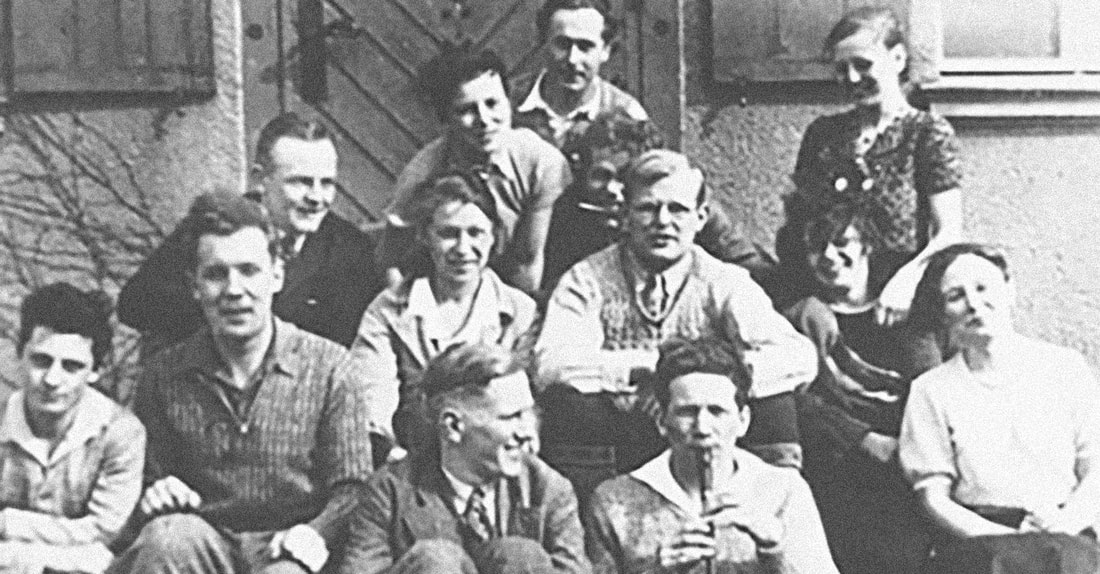
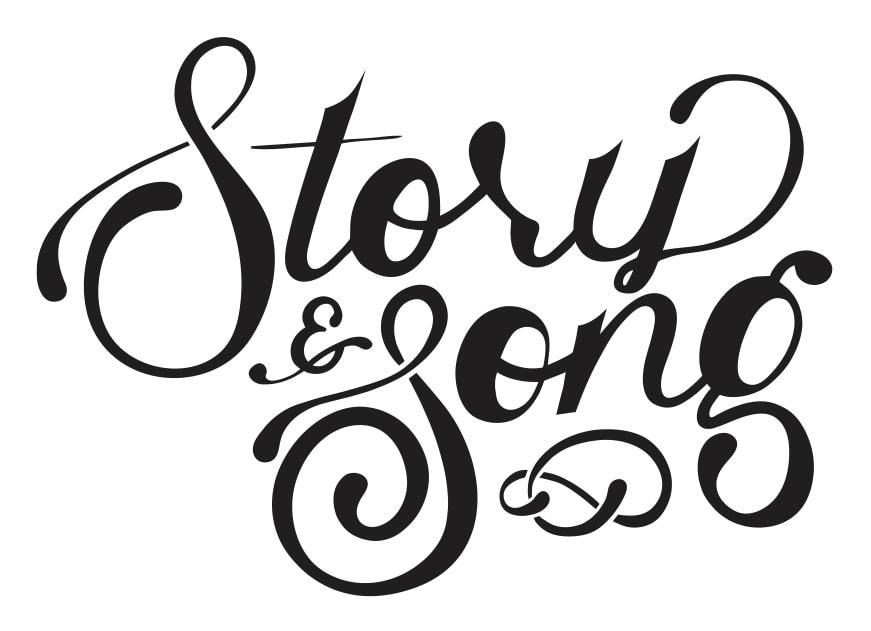
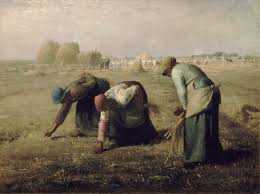

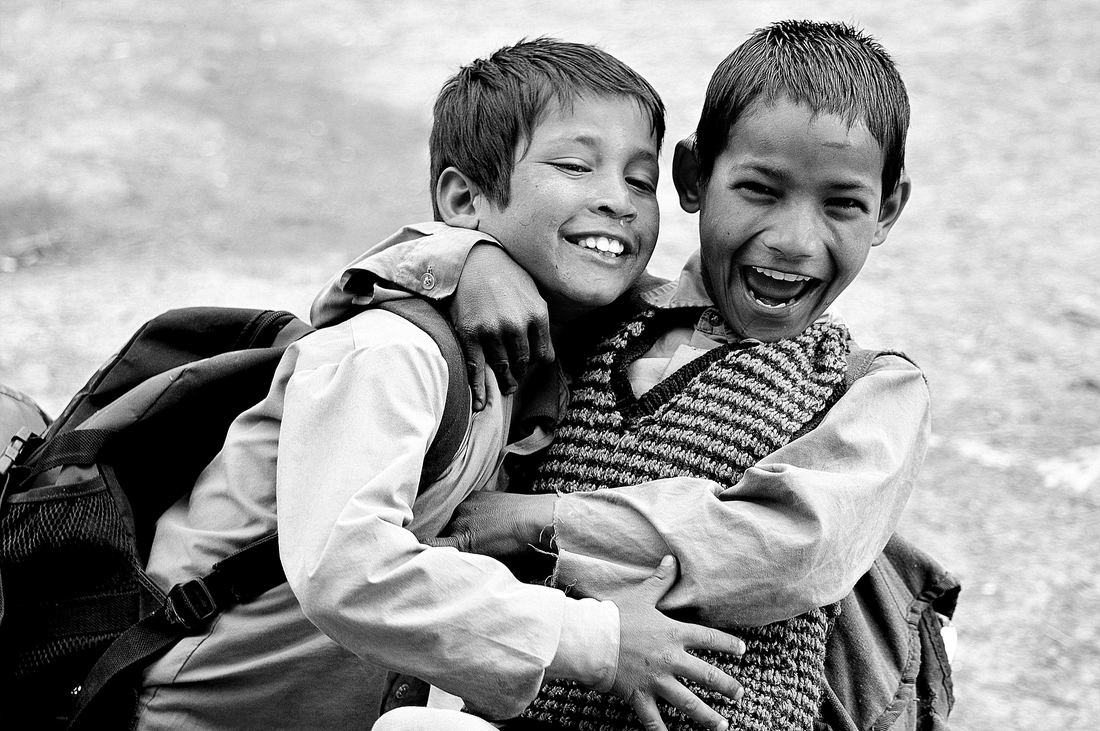
 RSS Feed
RSS Feed